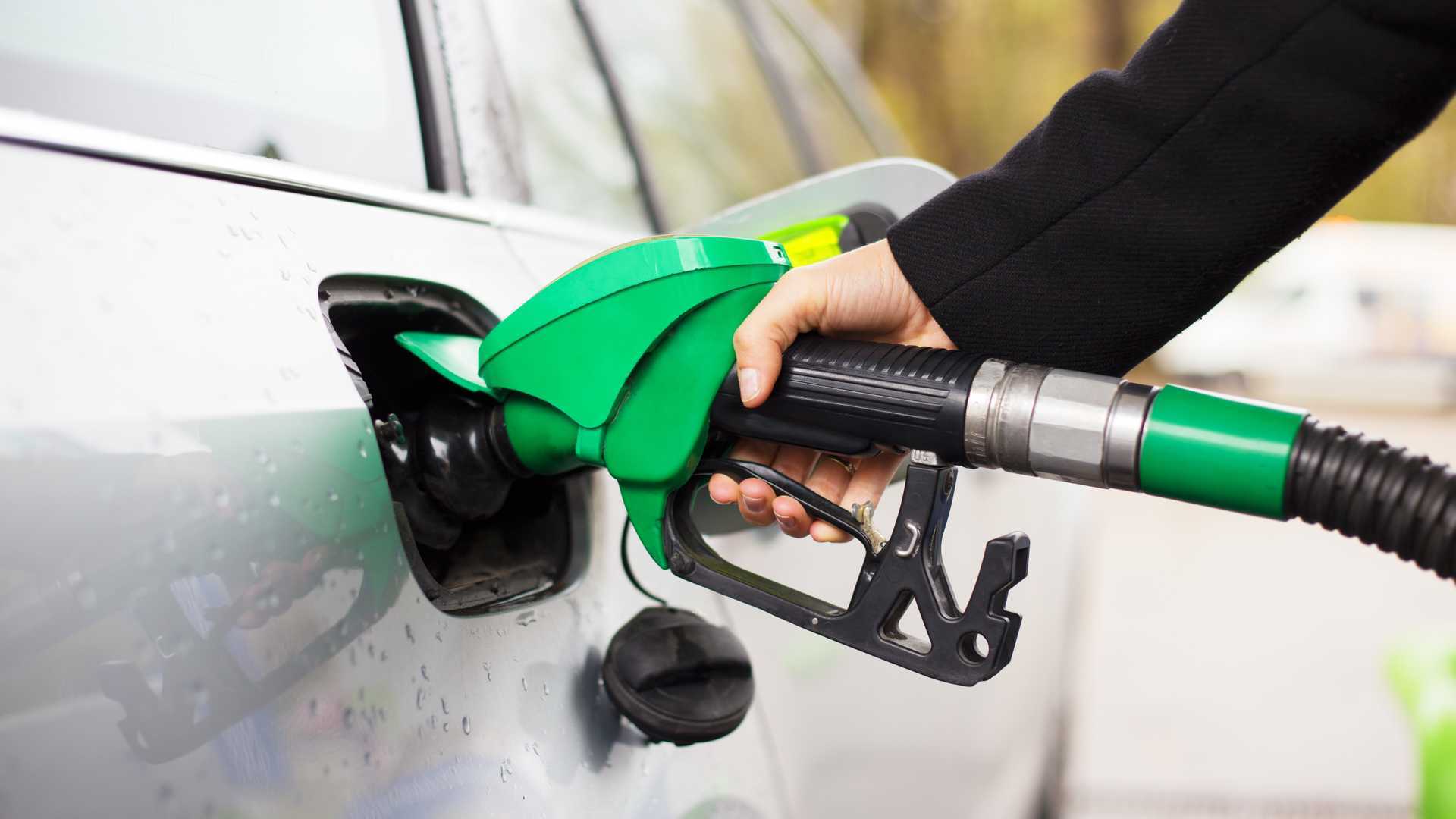According to Mr Google, 83% of Americans live in urban areas. So, while true that mass transport isn't practical for some, the sparsely populated rural areas are not an excuse to do nothing in the urban areas.
Dude all the cities have bus lines. Haven't you ever used the mass transit system.
In Atlanta it's called MARTA. The rednecks have a nickname for it.


